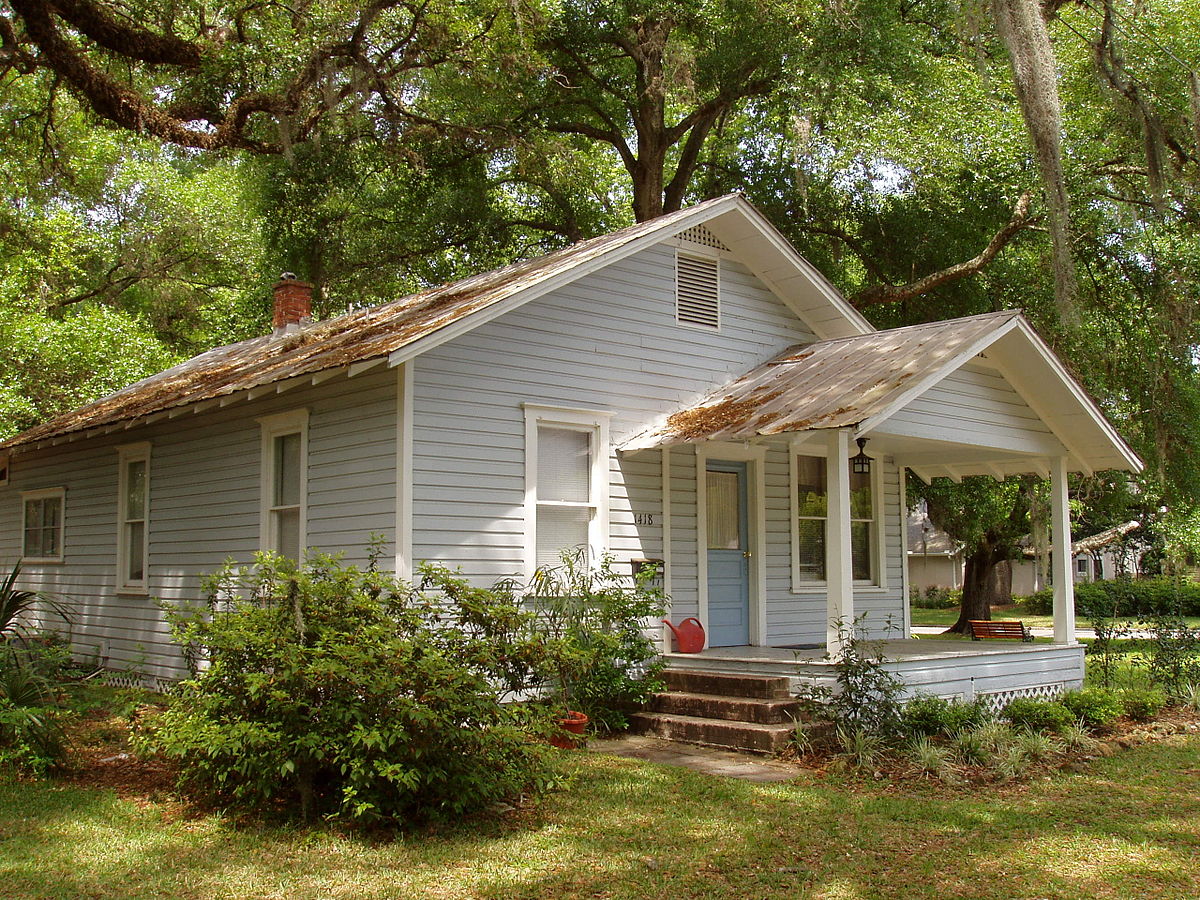A humor writer reflects on his place in the literary world during his residency at the Kerouac House in Orlando.
The problem with being a humor writer is that you’re never taken seriously.
At least not in the literary world.
We don’t write about sad things. Or if we do, we joke about them, as if to show we’re bearing up under the weight of those sad things. We don’t write about transformative moments in a person’s life. Ours are not coming-of-age stories or quests for true love.
We make people laugh. We don’t take shit seriously, and we want everyone else to just lighten the hell up. We’re not published in literary journals because we don’t write literary stories. We don’t get shortlisted for writing competitions in which earnest people use the word “shortlisted.”
Literary types look down their black, horn-rimmed glasses at us. Poets run an uncomfortable finger around their black turtlenecks when we’re around. And 24-year-old hipster memoirists flip their full heads of hair as they read, and we pray for the day their hair falls out.
It’s enough to make us feel self-conscious.
I look at some of the pedigrees of past Kerouac House residents, and see they’ve all been published in literary journals. I’ve been a newspaper humor columnist in 10 newspapers for 21 years, read by thousands of people, but it somehow doesn’t feel as prestigious as being published in a journal read by 200 other writers.
Past residents have been poets, creative nonfiction writers, literary fiction writers… and then the guy who makes fart jokes on the Internet.
You can see why I might get a complex.
I was fine when I received my acceptance notification. Since there are only four writers who get to live in the house each year, my very first thought was, “Oh good, four people applied.” I figured they didn’t have that many applications and I was just given first preference for the time I wanted.
Then I found the list of the writers and our alternates.
“Eight people. Still not too bad,” I thought. I won the coin toss.
Then I learned that nearly 300 people had applied from all over the world. Three hundred writers who all wanted a chance to spend three months living in the same place where Jack Kerouac lived with his mom, wrote Dharma Bums, and waited for On The Road to be published.
And I was one of the chosen four to spend three months in this temple of American literature.
“Oh shit. They think I can do this.”
Which is when the Impostor Syndrome kicked in.
Every good artist feels unsure of their abilities. We all worry someone is going to find us out, and discover we’re a fraud.
Impostor Syndrome sufferers create our own narrative about how we’re going to be exposed. Even when everyone else loves our work, there’s a voice in our head that tells us they’re just being polite.
Successful writers learn to ignore the voice and carry on with their work. After 27 years, I know what I can do and how I compare with other writers. But I still got nervous when I saw the past Kerouac writers’ bios and a long list of literary journals I’ve never even heard of.
So I consoled myself with the thought that I know something they don’t.
I know a word that rhymes with “purple.”
•
Former Kerouac residents have written important pieces about their time at the Kerouac House, like pondering whether Jack’s spirit lives on, or about accompanying the board president to Jack’s old house in St. Pete to get his chair –– the one now in the back room of the Orlando Kerouac House.
They write poems about lost spirits. They write about asking Jack’s house, “Is anyone there?” They write about sitting in Jack’s chair, drinking whiskey, and commemorating his spirit. They write about serious issues, about relationships, and journeys of self-discovery.
Meanwhile, I sit in Jack’s chair, and say out loud to his spirit, “I bet you farted a lot in this thing.”
And then I write about it for this piece.
•
I talk out loud a lot when I’m here. I speak in German, badly. I speak in funny accents. I make bold declarations about what I want for breakfast, or that I want a bowl of cereal at 11:00 at night.
It reminds me of the recent Doctor Who episode, “Listen,” where the Doctor searched for “that thing under the bed, when you know no one else is around.” He said that when people speak aloud when they’re alone, they’re really talking to that thing “in the corner of your eye.”
He called out to it. “Is anyone there?” He traveled to the actual end of the universe and learned “the thing” is still there. He even wrote a little poem for it:
What’s that in the mirror, or the corner of your eye? What’s that footstep following, but never passing by? Perhaps they’re all just waiting, perhaps when we’re all dead… out they’ll come a-slithering, from underneath the bed.
I should not have written this in Jack’s house at 2:30 a.m. Now I’m afraid to shut off the lights.
•
And now, a message for future Kerouac House residents.
This house has played host to 59 other authors before me; I’m the 60th. This house has a history, not just because Jack and his mom lived here, but because there have been 60 people who created art, and lived a life of literature and ideas here.
They worked on their craft, either in the back room, or up here in the dining room. They dwelled in language, they played with words, and they produced work they could be proud of. Sixty people lived here, worked here, ate here, and slept here.
Just don’t dwell on them all using the same toilet.

